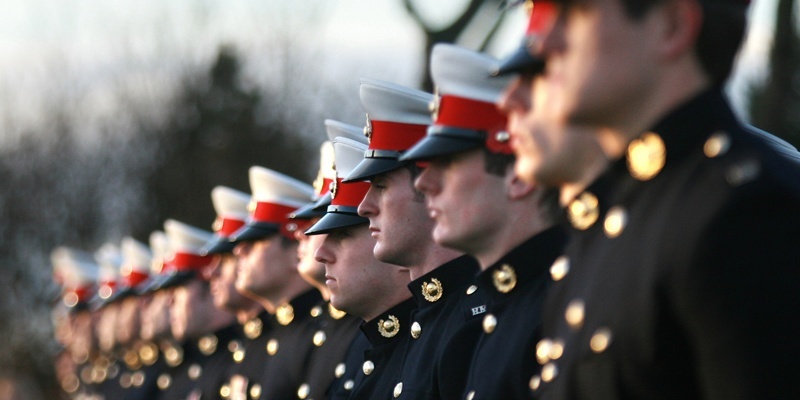Lord Fraser’s thoughts on the Falklands crisis 30 years ago have been revealed in an open letter unearthed by The Courier.
The former Lord Advocate was MP for South Angus and Solicitor General for Scotland when he put pen to paper in the House of Commons in April 1982.
He wrote to South Angus Conservative Association chairman George Galloway after Lord Carrington resigned as Foreign Secretary for his role in allowing the Falklands to be invaded.
Lord Fraser told him he had been inundated with letters and phone calls from people in Angus “demanding an active policy by the Government to retake our islands”.
The open letter was found in The Courier archives in our Arbroath office while compiling background material for a feature on the 30th anniversary of the Falklands War.
It provides a fascinating insight at a time when the British fleet had set sail for the islands after Prime Minister Margaret Thatcher’s decision to go to war.
Lord Fraser wrote: “In this part of the UK we have a particular and very real connection with those islands. There are families in Arbroath and Carnoustie who have lived their lives in the Falkland Islands and who still have friends and relatives there.
“I have been in contact with some of them and I am left in no doubt about the natural strength of their feelings, which I share.”‘Quite wrong’He added: “Additionally I have been inundated with letters and telephone calls from people throughout Angus demanding an active policy by the Government to retake our islands.
“And at this time we cannot forget there are Royal Marines who may have to play a vital role in the South Atlantic.”
Lord Fraser told Mr Galloway it was “now of paramount importance that we secure a national consensus and resolve to remove the Argentinians from British sovereign territory”.
He said: “No one should underestimate the gravity of the situation and we should not avoid facing up to the risks that lie ahead.
“Nevertheless I have no doubt that the nation does not intend us to stand idly by following on this naked act of unprovoked aggression. It would be quite wrong to compare this great crisis with Suez.
“The Falkland Islands are our sovereign territory. The bad faith of the Argentinian junta can be demonstrated by their refusal for nearly 40 years ever to have the issue of sovereignty resolved by the International Court of Justice although successive British governments have offered this solution.
“The degree of support we have had not only in Europe but throughout the rest of the world has been enormous and that support must now be mobilised during the interval before our fleet arrives in the South Atlantic.
“Nothing would be feebler than to abandon the Falkland Islands without taking any action to assert our legitimate rights.”‘Outstanding contribution’Lord Fraser wrote: “In parliament the opposition have pledged support to this course of action we have taken but we may have to go into this crisis alone and without their support when the difficult decisions are taken.
“Nevertheless I believe it was right and remains right for us to face up to the present situation with the courage that the Prime Minister has already shown.”
When the war ended on June 14, 1982, the British forces lost 257 men, of whom 13 were from 45 Commando at RM Condor.
Lord Fraser was among those who attended the service of thanksgiving in St Paul’s Cathedral in July 1982 for those men who died in the South Atlantic.
He told The Courier after the service: “45 Commando, the Royal Marine unit based at Condor, Arbroath, made an outstanding contribution to our success in the Falklands and I appreciated having this opportunity to pay my own respects and those of my constituents to these brave and courageous men.”
The base was also well represented, including the widows and parents of the 13 marines killed in action.
